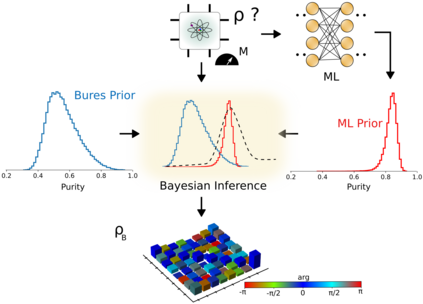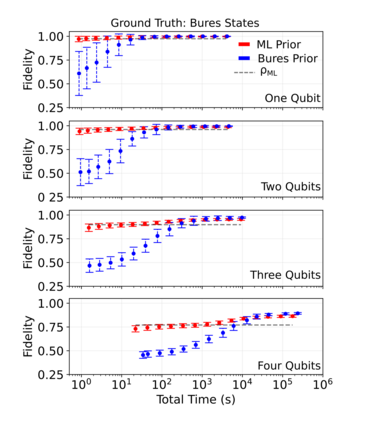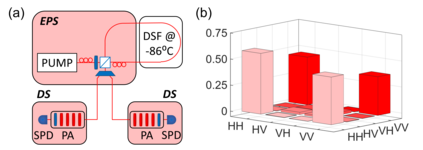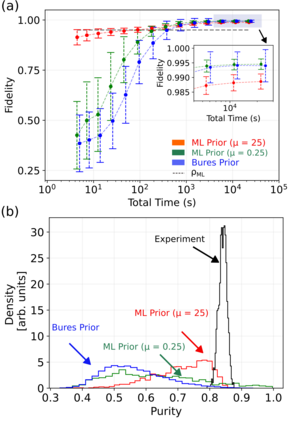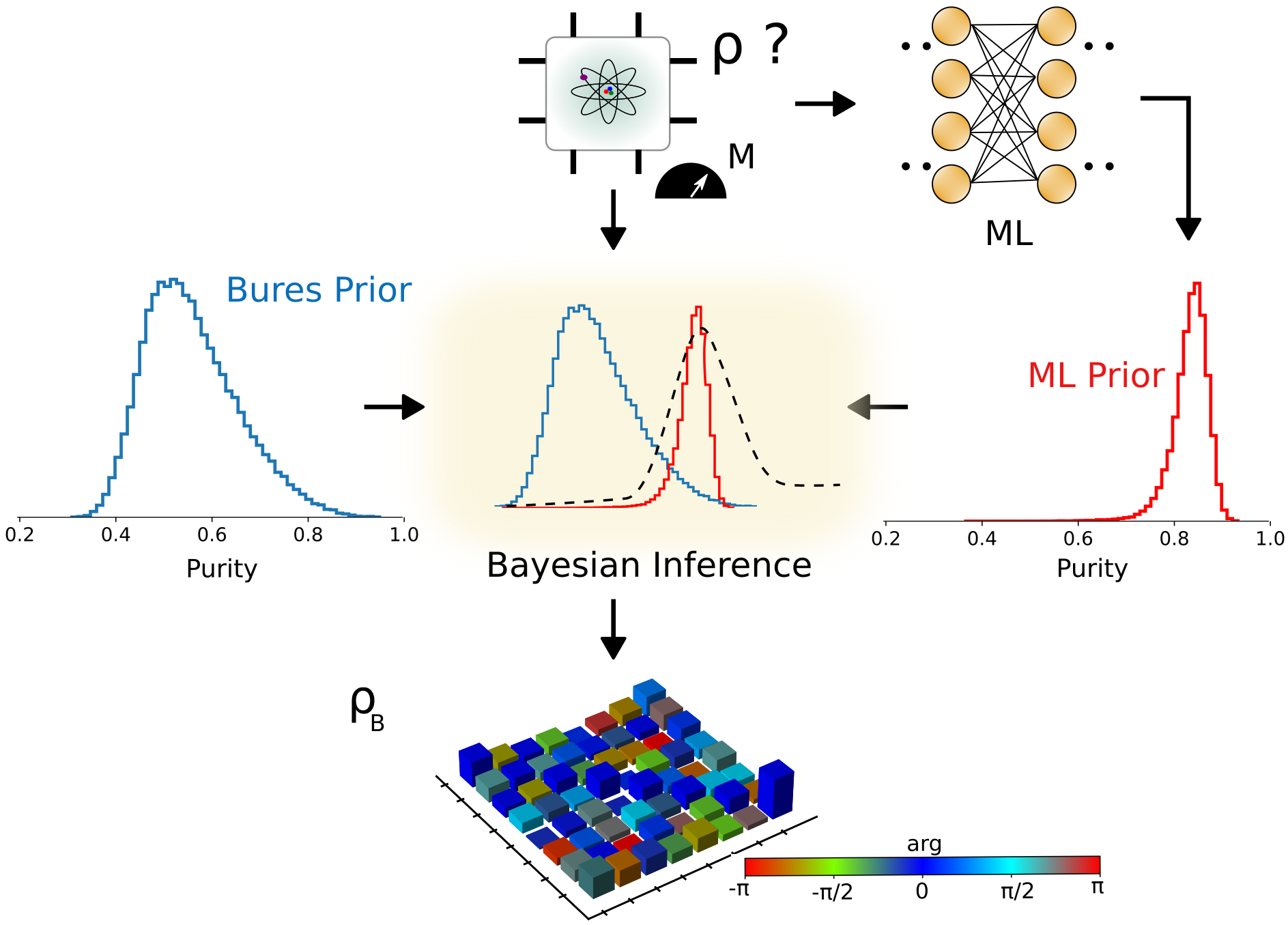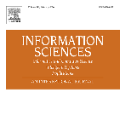Machine learning (ML) has found broad applicability in quantum information science in topics as diverse as experimental design, state classification, and even studies on quantum foundations. Here, we experimentally realize an approach for defining custom prior distributions that are automatically tuned using ML for use with Bayesian quantum state estimation methods. Previously, researchers have looked to Bayesian quantum state tomography due to its unique advantages like natural uncertainty quantification, the return of reliable estimates under any measurement condition, and minimal mean-squared error. However, practical challenges related to long computation times and conceptual issues concerning how to incorporate prior knowledge most suitably can overshadow these benefits. Using both simulated and experimental measurement results, we demonstrate that ML-defined prior distributions reduce net convergence times and provide a natural way to incorporate both implicit and explicit information directly into the prior distribution. These results constitute a promising path toward practical implementations of Bayesian quantum state tomography.
翻译:机器学习(ML)发现量子信息科学在诸如实验设计、国家分类、甚至量子基础研究等多种专题上广泛适用量子信息科学。 在这里,我们实验性地实现了一种方法,用于界定定制的先期分布,这些先期分布自动使用ML进行调整,以便与巴伊西亚量子国家估算方法一起使用。以前,研究人员曾研究巴伊西亚量子量子状态映射法,因为它具有独特的优势,如自然不确定性量化、在任何测量条件下恢复可靠的估计以及最小的中度误差。然而,与长期计算时间相关的实际挑战,以及关于如何吸收最适当先前知识的概念问题,都可能掩盖这些好处。我们利用模拟和实验性测量结果,证明ML定义的先期分布减少了净汇合时间,并提供了将隐含和明确信息直接纳入先前分布的自然方法。这些结果构成了实际实施Bayesian量子状态映射法的一条有希望的道路。

